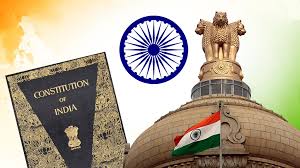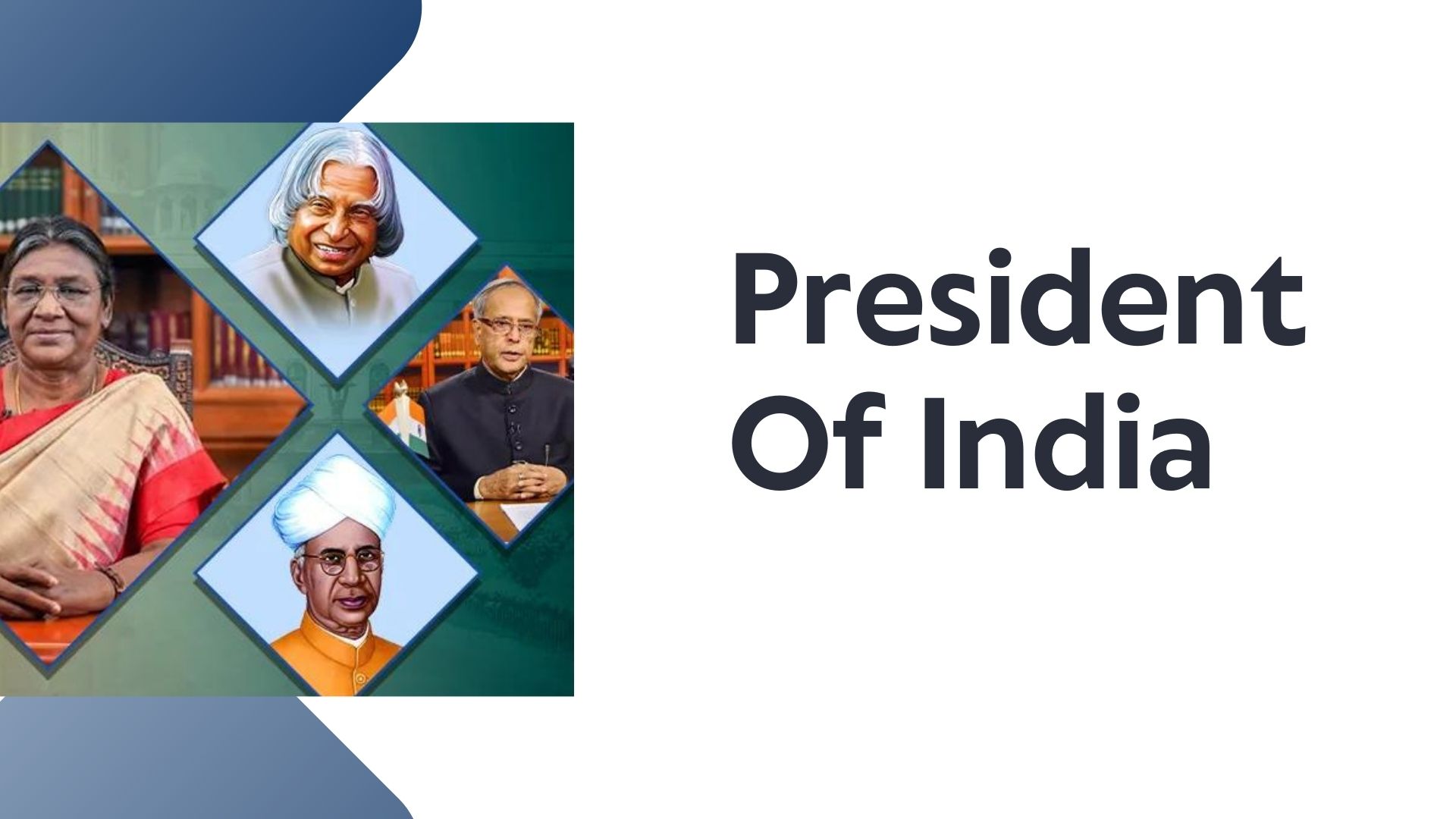The state executive is made up of the Governor, Chief Minister, Council of Ministers, and Advocate-General of State. Governor, as President, heads the state government. Article 153-167 in the Indian Constitution deal with the provisions related to the state governments of the country. Governor is a titular head or constitutional head and at the same time, he is the agent of the centre as the union government nominates Governor in each state. This duality of roles has always been in the news and is important for UPSC Exam.
Who is A Governor ?
Governor is a nominal executive head of the state. He forms an important part of the state executive where he acts as the chief executive head. Central Government nominates the governor for each state
How is A Governor Appointed ?
The Indian President appoints Governor for each state by warrant under his hand and seal. Central Government is responsible to nominate the governor for each state.
- Unlike elections of the President, there is no direct or indirect election for the post of Governor.
- The office of a governor is not a part of the union executive and is an independent constitutional office.
- The governor doesn’t serve the union government and neither is subordinate to it.
- The nomination of a governor by the Union and his appointment by the President in India is based on the Canadian model of government.
Who is qualified to become a Governor?
Unlike Lok Sabha or Rajya Sabha members or even in the case of Prime Minister or President who have a set of qualifications to meet to hold the office; Governor has to meet only two qualifications:
- He should be an Indian Citizen
- He should be 35 years old or more
There are two conventions that the government follows before nominating a person as a Governor:
- That person is not appointed as the governor who belongs to the state. He shall be an outsider having no relation with the state he is being appointed to.
- Consultation of the Chief Minister is taken by the President before appointing a governor
It should also be noted that both the above conventions are not absolute and have been ignored by the union government in many instances.



